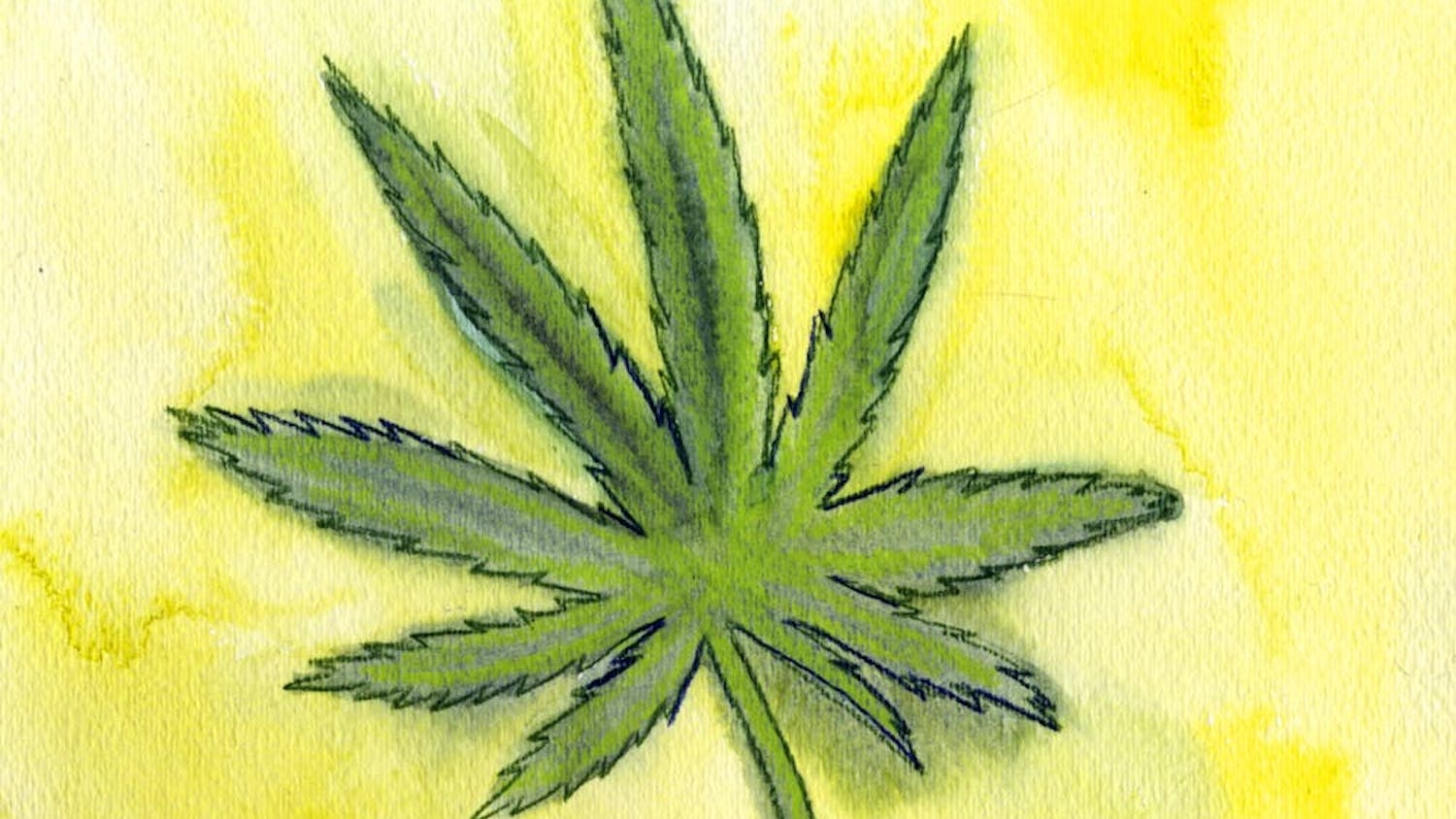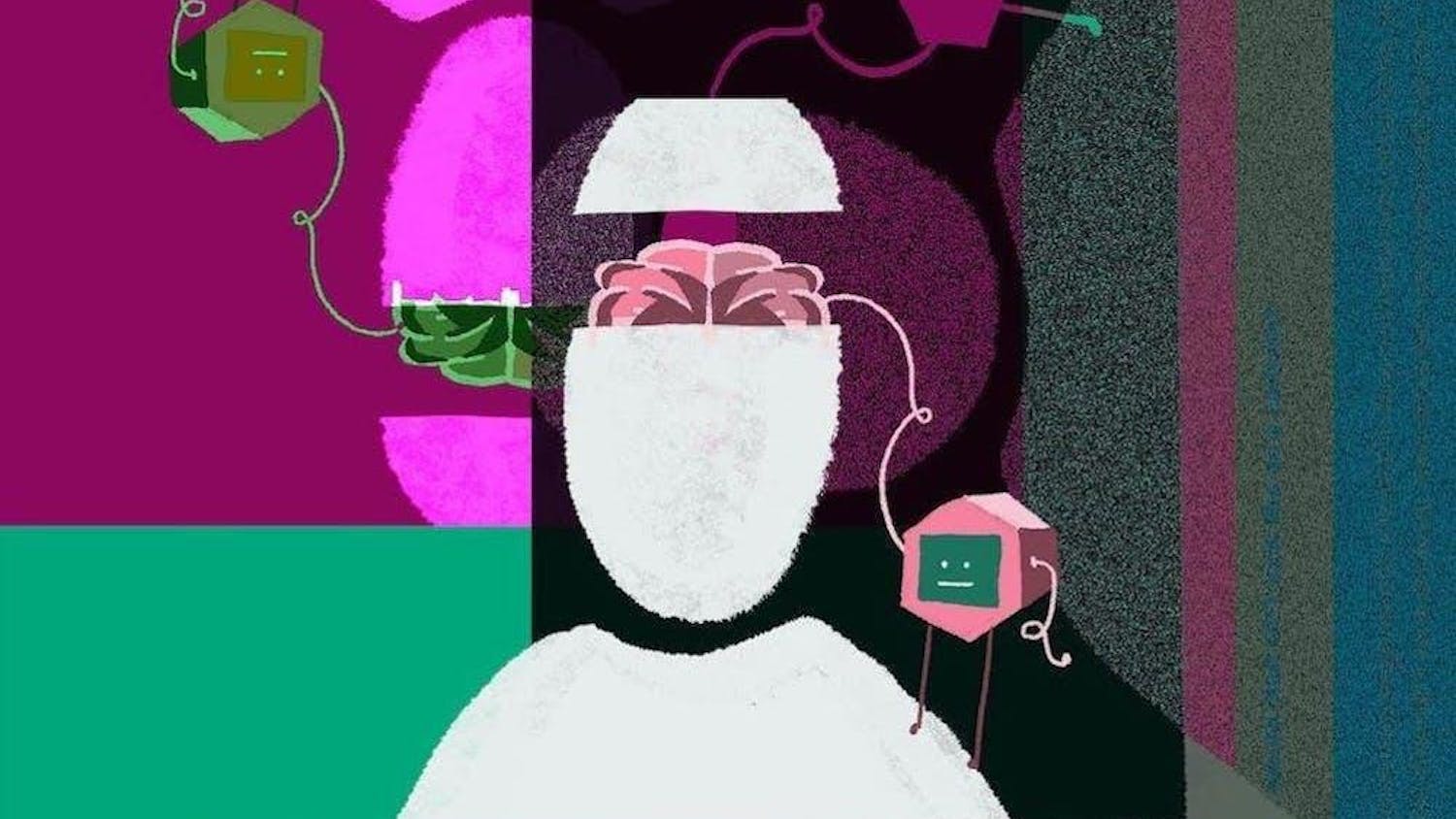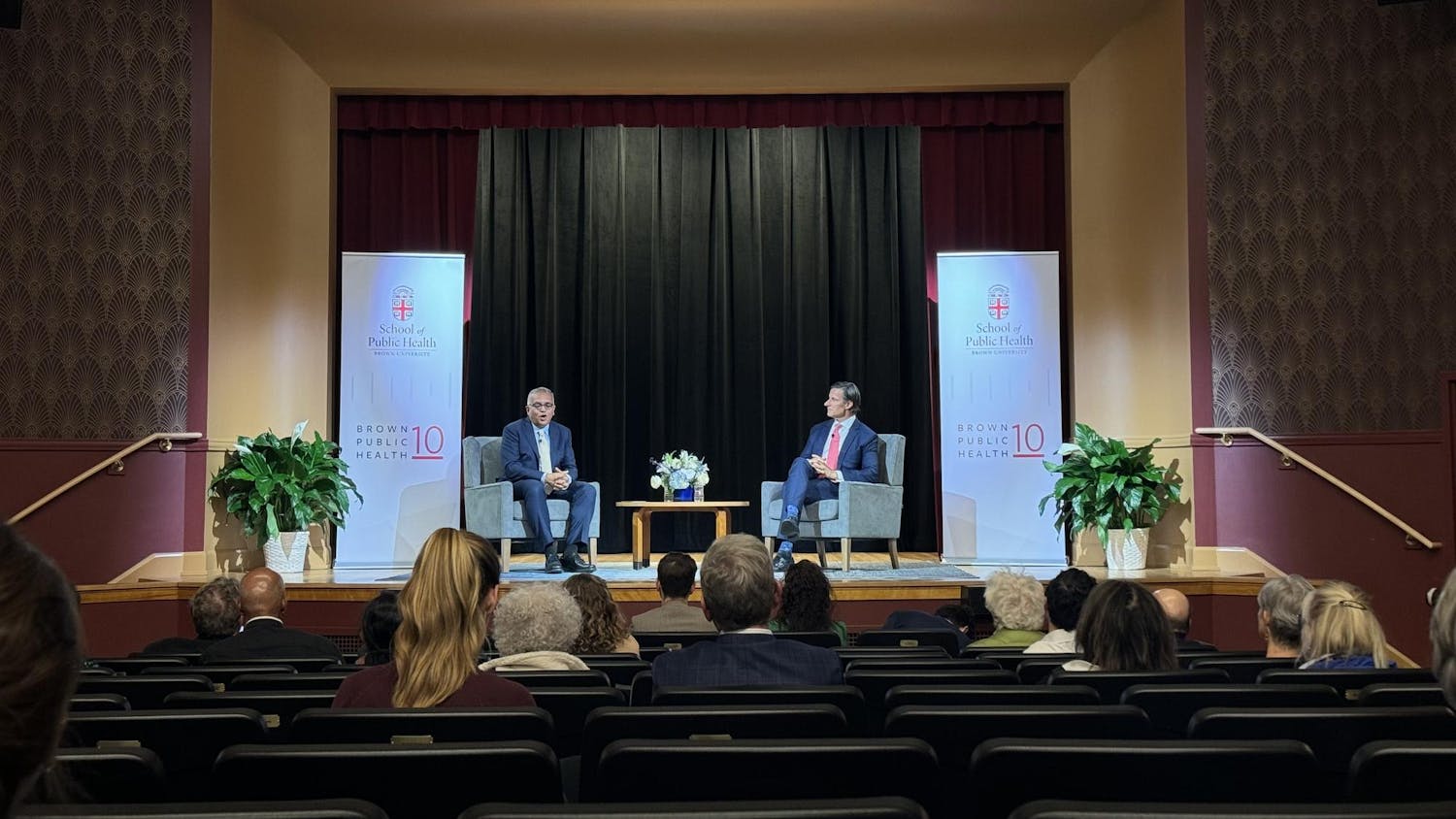Contrary to popular belief, many of the forensic science tools used in today’s courtrooms are not actually subject to empirical validation, but rather are accepted on the basis of historical precedent: If the practice was allowed in the past, it is allowed now.
Six independent scientists who served on the National Commission on Forensic Science — including world-renowned scientist and University Professor of Physics Sylvester Gates, better known as Jim Gates — are advocating to change the standard in the justice system from historical precedent to empirical validation. In their coauthored piece published in the Proceedings of the National Academy of Sciences, they encourage the scientific community at large to advocate for “urgently needed research, testing and financial support” to accomplish this reform.
“There’s a whole category of forensic procedures that are controversial, known as the feature comparison methods,” said Thomas Albright, a neuroscientist and one of the six coauthors at the Vision Center Laboratory at the Salk Institute for Biological Studies, who studies the failures of eyewitness accounts. Examples of these methods include matching fingerprints, tire marks and blood patterns to recorded examples, he said. The problem with such techniques is that most of them evolved largely from law enforcement. “They didn’t emerge out of science … and the consequence of that is they’ve never been adequately tested for validity in the laboratory,” he added.
Additionally, many forensic methods are unreliable because of their inherent cognitive biases. “Cognitive bias seems to be permitted in many current practices in the forensic science domain,” Gates said in a University press release. “Over centuries, most of science has developed in such a way to avoid this natural tendency. This is the main reason that science has been able to provide the most accurate measurements and predictions possible about nature.”
DNA analysis, widely considered a more trustworthy forensic tool, played a huge role in revealing the unreliability of methods that are not scientifically grounded. After many convictions were overturned because of DNA testing, the U.S. Department of Justice established the NCFS to examine the problems with other forensic methods.
“The purpose of the National Commission of Forensic Science was to bring together many different stakeholders to improve and enhance the reliability of forensic science,” said Sunita Sah, assistant professor of management and organizations at Cornell and one of the coauthors of the piece. This issue of forensic validity has garnered interest following the DOJ’s 2017 decision to close down the NCFS.
Despite the shutdown of the NCFS, academic scientists are still advocating for changes in the way forensic tools are applied in the justice system. “I’d like to see that the evidence that is brought into the courtroom has been validated, and the only way to do that is for the methods to be reviewed, tested and reaching a certain standard in order to be allowed in the courtroom,” Sah said. “All the standards of mainstream science should be applied to forensic science.”
Review of forensic evidence before it enters the courtroom could significantly lengthen courtroom processes, Sah said, “but that doesn’t mean we shouldn’t do it.”
With our current system emphasizing historical precedent instead of reliable scientific methods like DNA analysis, “innocent people are going to jail,” Albright said. “This is a real problem, and in order for us to live in a civil and just society, we need to fix this.”




